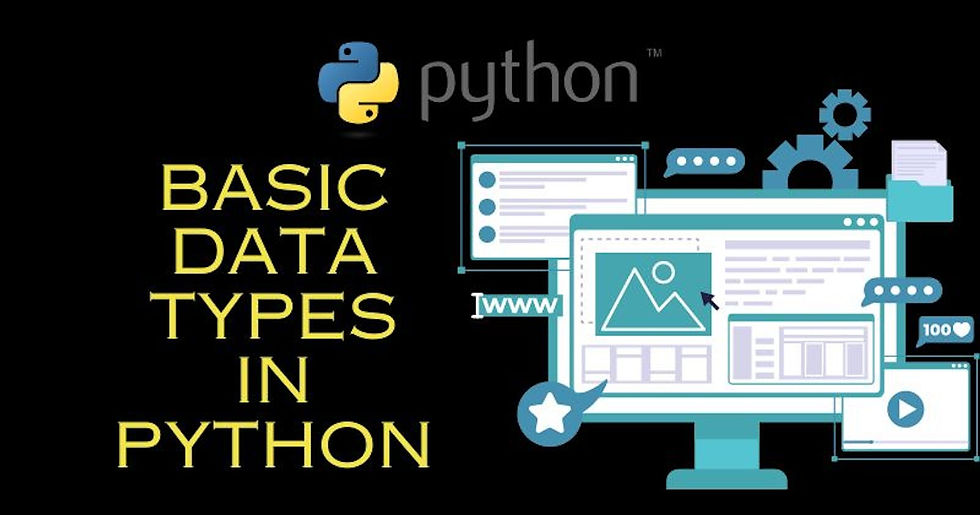Introduction to Compensation in HRM
- offpagework1datatr
- Mar 23, 2023
- 3 min read

Compensation is one of the most important topics in Human Resources Management (HRM). It concerns the financial and nonfinancial rewards, incentives and benefits an organization provides to its employees as remuneration for their efforts. In this introduction we will explore what compensation is, its types, its role in HRM, goals and objectives, linkage with organizational performance and motivation, compliance legal issues associated with it, strategies for retaining competitive wages and incentives and the importance of fairness throughout.
When defining compensation, it is important to recognize there are both monetary and nonmonetary forms of compensation. Monetary compensation includes items like wages or salaries; performance-based salary increases or bonuses; commission on sales; overtime pay; vacation pay; stock options; profit sharing; merit raises; incentives for staying with a company longer than a certain length of time. Nonmonetary forms are things like tuition reimbursement programs; health insurance coverage; housing allowance or other benefits like gym memberships or phone/internet plans.
In terms of HRM’s role in providing compensation to employees; it is responsible for ensuring that requests for salary increases, bonuses and other forms of remuneration are correctly evaluated against prevailing market conditions. This could include benchmarking relevant jobs within the industry, researching trends in executive pay packages or tracking cost per hire data. In addition, HRM also has responsibility for setting up incentive schemes that encourage productivity and motivate staff to work at their peak efficiency.
The primary goals and objectives when considering compensation include recognizing employee performance in order to retain high performers; motivating employees to strive for higher levels of performance through reward systems such as bonuses or commission structures based on sales targets achieved. Additionally, an important consideration needs to be given to fairness.
Best Practices for Compensating Employees
Compensation in Human Resource Management (HRM) is the process of providing financial rewards to employees for their work. It involves creating a compensation package that aligns with an organization’s goals and objectives, while taking into consideration the local laws, regulations, and market conditions. To successfully attract and retain talent, organizations need to use best practices for compensating employees.
One of the most important best practices is to understand the local market rate salaries. Knowing what talent should be paid will help you create a competitive compensation package while still staying within budget. Your organization should also consider offering benefits such as health care coverage or 401K plans in addition to base pay. Doing so can help you attract desirable talent by making your offer more attractive than other options in the market.
Another key factor is having performance incentives, such as bonuses or promotions, to motivate employees and keep them engaged in their work. These types of rewards will not only increase worker productivity but also enhance job satisfaction. Additionally, it’s important to know all legal requirements related to employee compensation since failure to comply can lead to costly penalties or litigation.
An effective job evaluation system should also be used when determining employee compensation. This system helps employers determine appropriate wages based on a variety of factors including skills, experience, and job responsibilities. Using this approach ensures that internal equity considerations are taken into account which helps maintain fairness across different departments and positions within an organization.
By using best practices when compensating employees’ organizations can ensure that they are offering competitive packages while also meeting all legal requirements and maintaining internal equity considerations all while staying within budget!
Final Thoughts on Compensating Employees
Compensation in Human Resources Management (HRM) is a vital element of any successful business. It is an important part of attracting, retaining, and engaging top talent. A comprehensive compensation package should include salary/wages, employee benefits, fringe benefits, incentives and bonuses, equity and stock options, skills and knowledge development opportunities, performance appraisals, and a positive workplace culture.
Salary or wages are the main forms of compensation for most employees. Companies need to ensure that salaries are competitive within the marketplace and remain competitive over time through cost-of-living adjustments in order to attract and retain great talent. Employee benefits are an additional form of compensation that employers must provide by law such as health insurance, vacation pay and sick pay. Fringe benefits can also be provided in addition to the government mandated employee benefits such as free lunches or gym memberships.
Incentives and bonuses can be used to reward employees for their hard work or outstanding achievements beyond their expected job duties. Equity or stock options can be offered as well so that they can gain ownership of a portion of the company’s success. Skills/knowledge development opportunities give employees formal learning experiences to encourage growth within their role at the company or outside interests they may have such as developing new skills or deepening existing ones in order to help them improve further in their careers. Performance appraisals (or reviews) are another way for companies to gauge how well their employees are doing with certain tasks assigned to them on a regular basis.



Comments